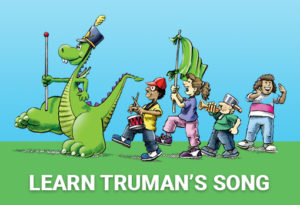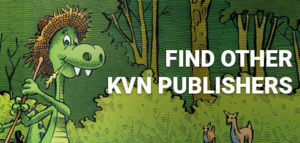Consumers and Producers
Last month when we studied the food chain, we learned that there were producers (plants and animals that fed the food chain) and consumers (the animals that ate the producers.) In our economy, there are also producers and consumers, and, believe it or not, the relationship between producers and consumers in the economy is not that different from in the wild. Let’s check it out!
 Producer
Producer
[pruh-doo-ser] noun
1. a person who produces.
2. Economics: a person who creates economic value, or produces goods and services.
Your birthday is coming up, and you want a new bicycle. Can you make your own bicycle? Probably not. So, you go to the store and pick out the perfect bicycle. In this case, it’s bright red with big tires. The store where you bought your bike did not make it. They bought it from another company. That company probably didn’t make all the parts of your bike either.
One company produced the metal that goes into your bike frame. Another company produced the tires. A new company produced the seat, and yet another company produced the paint. Finally, a company gathered all of those pieces together and created your bike. At a minimum, there were five producers who worked to create that great bike you got for your birthday.
Along the way, each company got paid for its part in creating the materials to make your bike. Then their employees (the people who work for them) were paid for doing the work to make the parts and pieces of your bike. In turn, those employees used the money they were paid to pay for their houses, their cars, their clothes, their food and maybe even a bike for their child’s birthday. The producers then became consumers — just like you.
Consumer
[kuh n-soo-mer] noun
1. a person or thing that consumes.
2. Economics: a person or organization that uses a commodity or service.
Goods are items you can actually touch and include things like clothing, food or toys. Services include bike repairs, receiving a haircut or your house being supplied with electricity. These are services provided to consumers by others.
The interactions between producers and consumers not only keep people happy because they have jobs and they have the things they want, but it also puts money into the economy, which is defined as the wealth and resources of a country or region, especially in terms of the production and consumption of goods and services.
With that in mind, throughout your life, you will be both a producer and a consumer!





